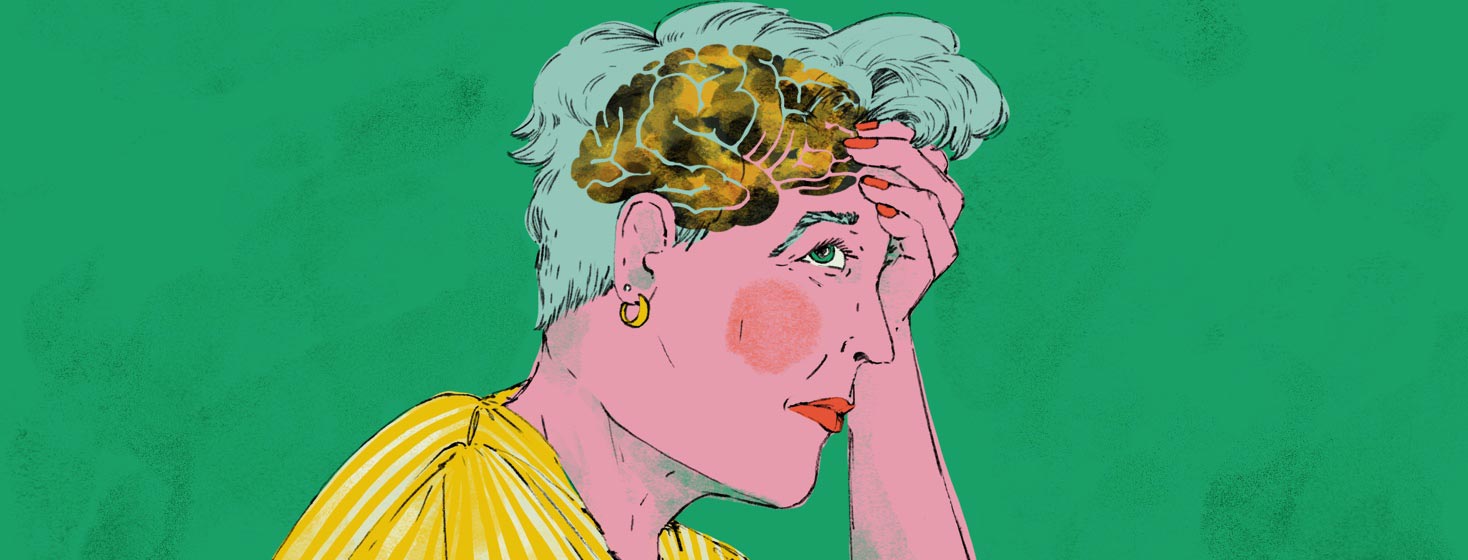Anxiety and the Breath
One problem with COPD is that it causes shortness of breath. This dyspnea (shortness of breath) causes a fight or flight reaction that can result in anxiety and panic. Your brain is two steps ahead of you and reacts before you even begin to pant or gasp for breath. It’s crazy because you may not even realize you are short of breath yet. The second problem is that COPD rarely comes alone but brings with it a variety of comorbidities.
Your brain and dyspnea
Since your brain is a memory organ, it only knows how to react out of memory. So, when the fight or flight reaction happens, the brain tells the body to react the same way it reacted the last time this happened. So, if you allow anxiety and panic to command you each time you are short of breath, then that same reaction will happen every time. Unless we make the effort to change how we react to bouts of shortness of breath, it can continue this way forever.
Anxiety and the brain
Once anxiety and panic set in, your brain releases stress hormones from the adrenal gland, known as adrenaline. This adrenaline speeds up your heart rate. You can feel like you're having a heart attack as your heart is pounding and constricting the airflow in your throat and neck. It sends blood to your muscles so you can run or take flight and causes fast shallow breathing, incontinence, and loss of bowel control. It leaves those of us with obstructive pulmonary diseases doubly breathless.
Can I change the pattern?
Step 1 is sitting with our anxiety and shortness of breath. Acknowledge what happened and what triggered it. These episodes have happened before and will surely happen again. We can change the outcome if we plan for future episodes and learn how to manage them. We can achieve this if we consciously change the pattern of our response when a panic situation arises.
A cyclone
Once anxiety rears its ugly head, it will convince you to include all your other unpleasant issues. Failing to control anxiety when we get short of breath ensures it will continue like a cyclone. It will spin round and round and pick up everything in its path. It will begin with anxiety for your shortness of breath but soon our thoughts are on our blood pressure, heart rate, sugars, and whatever other ailments you have. Eventually, we end up crippled by anxiety, unable to make a move because nothing changes.
Sit with it
Review in your mind your last episode of anxiety and panic. Now go back to a half-hour before the attack. Without judgment, review what happened. Try to understand why it happened. Acknowledge it for what is past, then let it go.
Plan it
Become familiar with your anxiety. Know it and own it. This helps you to be prepared and to change the outcome the next time it happens. Being prepared and having a plan in hand will help you go slower and encourage more abdominal and pursed-lip breathing. Taking more rests and being more mindful helps you immensely. Anxiety can only cripple us if we let it.
Editor’s Note: We are extremely saddened to say that on January 7th, 2024, Barbara Moore passed away. Barbara’s advocacy efforts and writing continue to reach many. She will be deeply missed.

Join the conversation